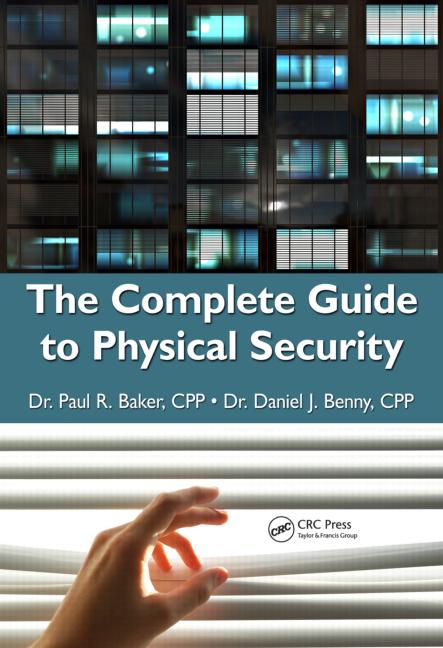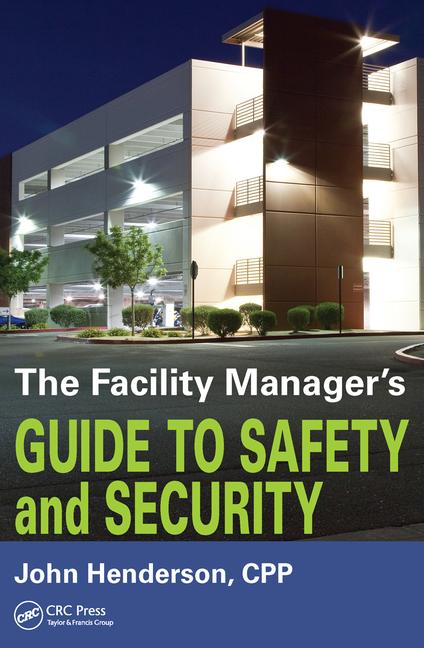In my inaugural column in SDM, I highlighted the value of becoming a Facilitator of Excellence. (Read the article here.) A facilitator of excellence builds trusted partnerships and embraces a partner-collaborative business model to expand revenue and become more strategic to their clients. As a systems integrator, you are the one phone call that a client executive makes at 4 p.m. Your clients consider you their first point of contact and the one provider they reach out to for both the hard stuff and the easy. They know if you don’t do it, you know someone else that can help them.
Five years ago, I sat next to an interesting guy on a plane and we peacefully shared the same armrest. Through our conversation, I learned that he started a business a few years prior and worked in an industry complementary to mine. By the time the plane landed, I was convinced that he was an expert I could direct clients to the next time someone needed his particular security service.
Just from that one conversation, I engaged him as a partner. That’s what people do, right? They shake hands at a conference or networking event and exchange business cards and there you go: partnership.
Oh my gosh, did this go wrong. Clients started calling me, saying, “Why the heck did you connect me with this guy? You’d better stick to your own stuff because this is a disaster.” I usually judge my flights by the amount of turbulence I have in the air. It turns out that the amount of time I sat next to this person was the worst flight I ever had and caused me more turbulence then all my flights together.
After that experience, I went to my trusted office mirror that often provides me the best reflection. How did I get myself into this? I had to admit to myself that I did not really partner with that guy. A conversation and handshake on a plane does not make a partnership. It’s not about ifto partner, it’s about finding the right ones. What does that really mean?
Here are five critical characterizations that can help you determine if someone and their company would make a successful partner:
- You have to find a partner who is going to sign on and commit to a legal and binding obligation. Get that stuff — the contracts, the assessments, and more, out of the way. If they will not ink it, then the chances are that will sink it.
- Look for someone who wants to give more than just a handshake. Beyond that, they must practice a “you have to give to get” attitude. They are willing to meeting regularly to plan and share insights.
- Find someone who is committed to a joint investment and willing to stay with the partnership for the long term. Partnerships take time. There are going to be hitches and bumps along the way. You want a partner who is going to work with you on those issues, not run away. You know the type: everything is going great until they find out something is going to cost them $500 and then they disappear.
- Look for someone with a similar company culture. Let’s not fool ourselves; company cultures are important. They are the basis for and the reflection of our core values and beliefs. Your partner company’s collective inner beliefs inform their decision-making, so make sure that they are in line with yours.
- Identify a partner who has a track record of success. You can measure success by checking the company’s record with their clients or suppliers, or it could be that someone’s opinion you trust gave the partner an A+ rating, which is huge.
A partnership is not just about building revenue together; it is about doing business together and creating a learning exchange. If not for learning exchanges, how else will you find the information or the contact that your client needs?
Building partnerships sounds like a big process, and it is. Imagine that you are in a life raft. You need to know that the other people in your boat are going to row just as hard as you are.
Editor’s Note: Paul Cronin will be presenting a live “Facilitator of Excellence” workshop at PSA-TEC, to be held from May 5 – 9, 2014, in Westminster, Colo. PSA-TEC is a week-long conference filled with educational and networking opportunities, which is open to the entire industry. For information, visit www.buypsa.com/PSA-TEC.







